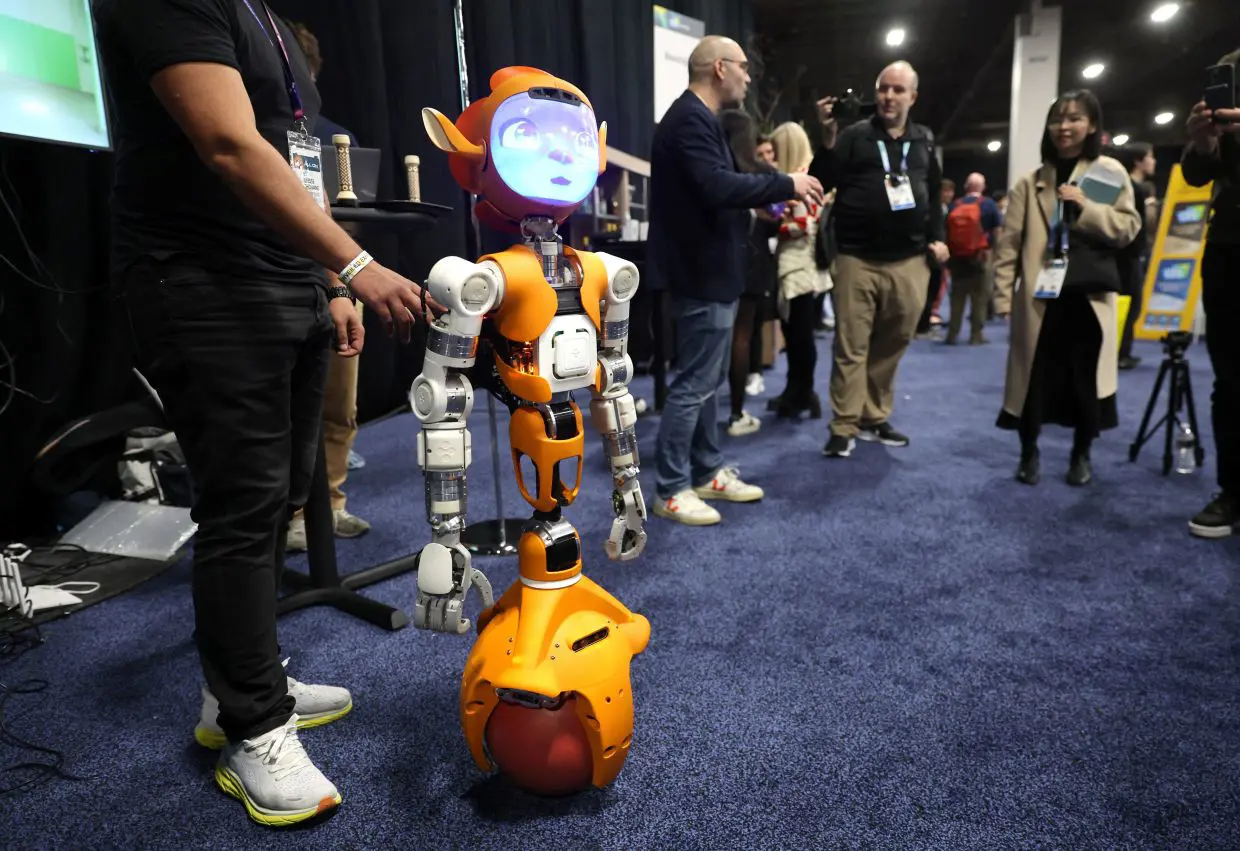Shanghai-based Agibot, founded by Peng Zhihui in February 2023, has reached a critical milestone by commencing mass production of humanoid robots. Peng, a former Huawei Technologies recruit under its “Genius Youth” programme, shared the achievement on December 15 through the Chinese social media platform Weibo, revealing that 962 robots had already been manufactured. This breakthrough marks a major step in China’s competitive robotics and AI industry.
Agibot’s robots are designed for both household tasks and industrial applications, showcasing versatility in their use cases. Supported by prominent investors like HongShan, Hillhouse Investment, and electric vehicle maker BYD, the company has rapidly gained attention. Peng, 31, emphasized that the transition to mass production comes after two years of developing the concept, signaling a significant leap for the start-up.
Peng’s journey from Huawei to Agibot highlights his trajectory as a rising innovator in robotics. While at Huawei, he contributed to AI projects within the computing division and became known for his inventive designs, such as an Iron Man-inspired robotic arm that drew attention online. In December 2022, he left Huawei to focus on his vision of creating humanoid robots, and less than a year later, Agibot has achieved a milestone many start-ups struggle to reach.
Agibot’s success reflects the broader race among Chinese companies to dominate the robotics sector. With government backing, the industry has gained momentum. Cities like Chongqing have introduced subsidies of up to 10 million yuan (US$1.37 million) to boost robotics innovation, while Hangzhou’s five-year development plan aims to drive advancements in the field until 2029.
China’s ambitions extend to global leadership in robotics, with the Ministry of Industry and Information Technology targeting mass production of humanoid robots by 2025 and positioning them as key drivers of economic growth by 2027. Recent expos in Beijing and Shanghai showcased nearly two dozen humanoid robots, illustrating fierce competition, particularly as companies aim to surpass Tesla’s Optimus robot, which is projected to enter mass production by 2026.
Peng and Agibot are now pivotal players in this landscape, setting a high bar for competitors and underscoring China’s determination to lead in robotics innovation.










